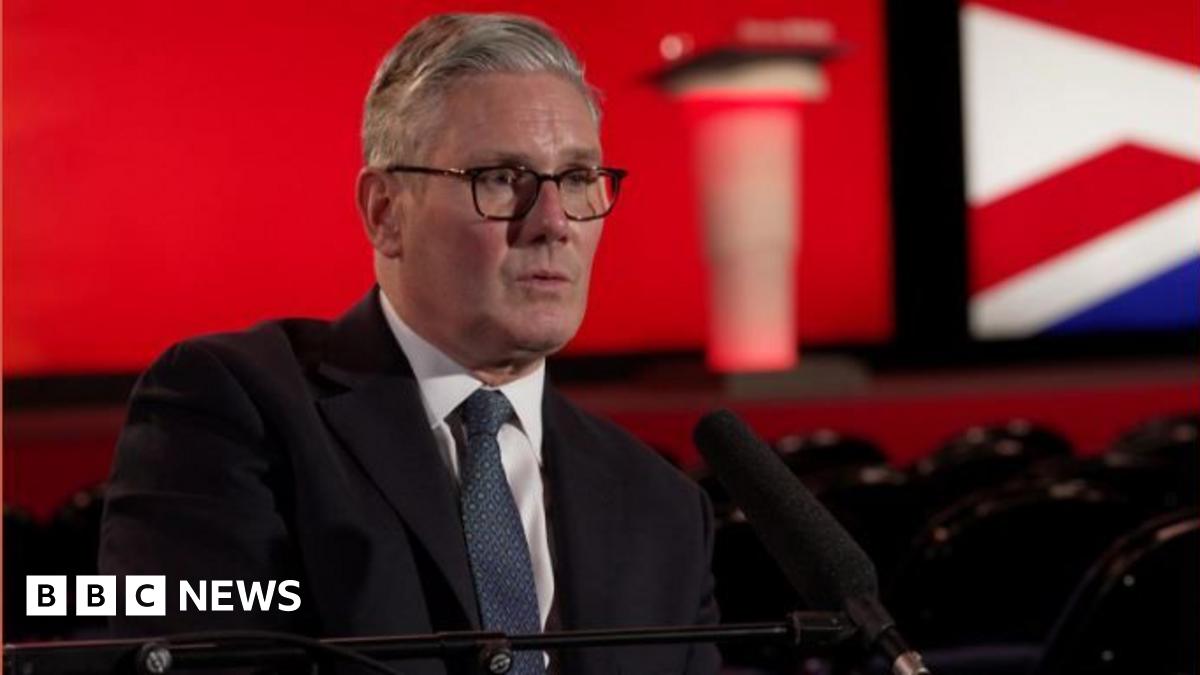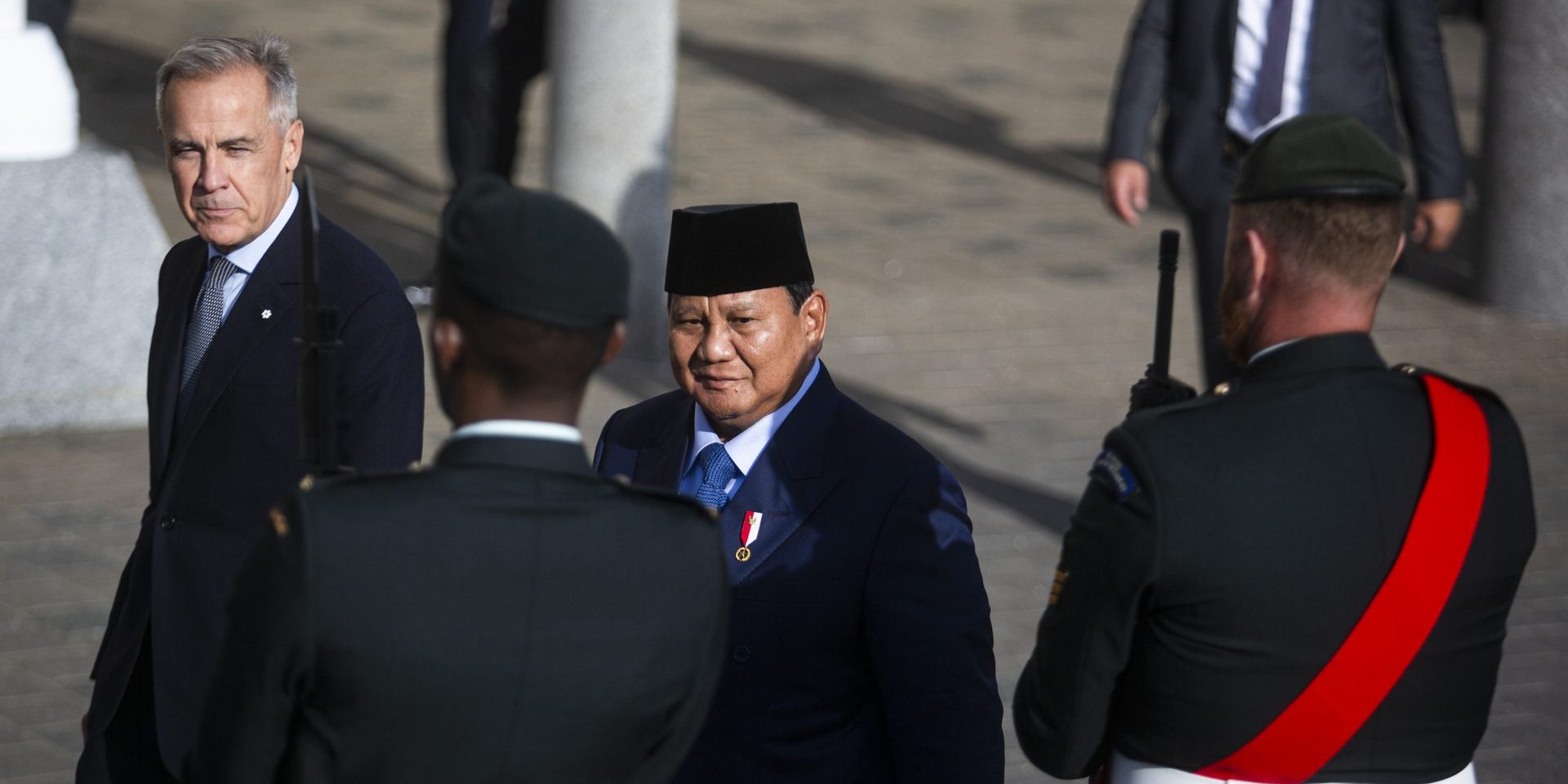Food Poisoning Crisis Looms Over Prabowo's Free Meal Program in Indonesia
As food poisoning cases continue to emerge across Indonesia, public concern is escalating over President Prabowo Subianto's flagship free nutritious meal program. Despite growing calls for a complete pause to allow thorough investigation and improvements, the government insists on continuing the rollout.
Rapid Expansion and Rising Illnesses
The program, initially launched in January for approximately 3 million students, has rapidly expanded to encompass 30 million recipients nationwide as of September. The ambitious goal is to serve 82.9 million students and pregnant women. However, this expansion occurs against a backdrop of over 6,000 reported cases of foodborne illnesses linked to the multibillion-dollar project. Official reports show a significant increase in illnesses since the program's inception.
Government Response and Continued Incidents
Despite calls for a moratorium, the Prabowo administration has resisted a nationwide halt. The National Nutrition Agency (BGN) has been instructed to close kitchens linked to poisoning cases but to otherwise continue the rollout under stricter monitoring. Despite these measures involving the Health Ministry and the Food and Drug Monitoring Agency (BPOM), nearly 2,000 new incidents were recorded in a single week, with hotspots shifting from West Java to East Java.
Education Watchdog's Concerns
The Indonesian Education Watch Network (JPPI) reported 1,833 cases in the past week alone, with East Java recording the highest number at 620. West Sumatra and Central Kalimantan have also become newly affected provinces, recording 122 and 27 cases, respectively. The total number of affected recipients since January has reached approximately 10,400, according to the JPPI.
"This data shows that closing kitchens only after poisoning incidents occur is ineffective. The government must suspend all free meal kitchens before more people fall ill," said Ubaid Matraji, JPPI national coordinator.
Government's Continued Efforts
Amid mounting scrutiny, President Prabowo convened a cabinet meeting to address the program. He instructed the BGN to enhance food safety measures across kitchens, requiring all kitchens to be equipped with testing kits for food hygiene, hygienic washing and drying equipment, and clean water filters. The administration is also preparing a presidential regulation to define the roles and responsibilities of various government bodies involved. Cabinet Secretary Teddy Indra Wijaya announced that these measures would be implemented within the coming week.
Human Rights Concerns and Legal Action
A coalition of civil society organizations, including the JPPI, FIAN, CISDI, Indonesia Corruption Watch, and Transparency International Indonesia, has filed a complaint with the National Commission on Human Rights (Komnas HAM), alleging human rights violations linked to the food poisoning incidents. Marthin Hadiwinata, FIAN Indonesia national coordinator, stated that the program could even constitute a criminal offense and highlighted reports of pressure on communities not to file complaints. The coalition has called for a full and transparent investigation by Komnas HAM.
Komnas HAM's Response
Komnas HAM commissioner Atnike Nova Sigiro responded by emphasizing the state's responsibility for the incidents and the potential for a gross rights violation if the government fails to ensure the public's right to safe and high-quality food. Komnas HAM intends to issue recommendations once the facts are verified but urged relevant government bodies to resolve the issue promptly.
 Visit the website
Visit the website






